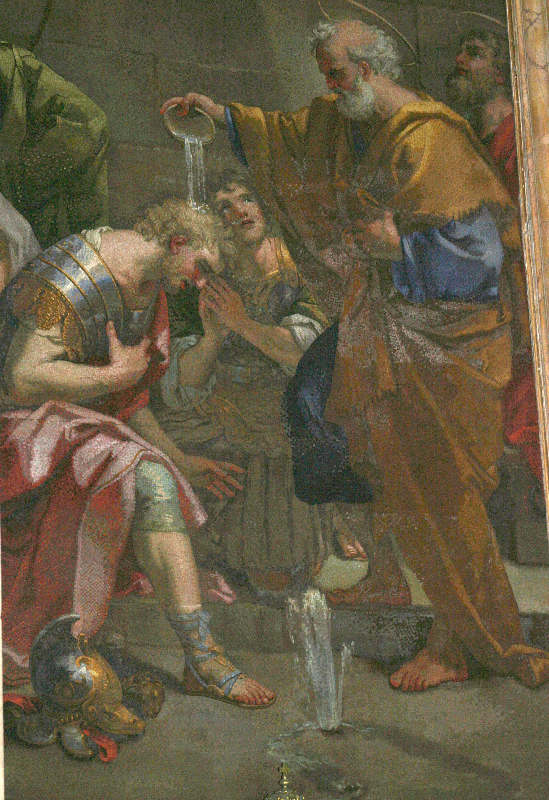Articles
In my previous article “Biblical reasons why baptism couldn’t save you“, I gave 3 reasons based on Scripture why the act of baptism is not the mechanism that brings about one’s salvation, as dogmatically held by the International Christian Church (ICC). However, I anticipate that some people may object to my article (and even the title of the article) by simply quoting the words of the Apostle Peter.
In 1 Peter 3:17-22, the apostle writes:
17 For it is better, if it is God’s will, to suffer for doing good than for doing evil. 18 For Christ also suffered once for sins, the righteous for the unrighteous, to bring you to God. He was put to death in the body but made alive in the Spirit. 19 After being made alive, he went and made proclamation to the imprisoned spirits— 20 to those who were disobedient long ago when God waited patiently in the days of Noah while the ark was being built. In it only a few people, eight in all, were saved through water, 21 and this water symbolizes baptism that now saves you also—not the removal of dirt from the body but the pledge of a clear conscience toward God. It saves you by the resurrection of Jesus Christ, 22 who has gone into heaven and is at God’s right hand—with angels, authorities and powers in submission to him.
1 Peter 3:17-22 NIV
Proponents of baptismal regeneration (ie. the belief that water baptism brings about new spiritual life in a sinner) will often quote verse 21 as a proof-text to show that the act of baptism does indeed effectually save people.
But does the surrounding context of this verse support this idea? I would argue, no.
In this passage, Peter uses the story of Noah’s Ark to show the correlation between the salvation that Noah’s whole family received and the salvation that Christians receive. In both cases, there is water involved in their salvation experience: for Noah – flood water, but for believers – baptism water.
However, it would be wrong to conclude, based on a superficial reading of this passage, that baptism is what brings about Christian salvation. Just like how the flood waters did not save Noah’s family, neither will baptism water save you.
A better way of interpreting this passage is to view water as a symbol of death. Just as Noah’s family has been through death (ie. the flood water) but are saved, Christians have also been through death (ie. baptism water) but are saved.
Of course, Peter rightfully assumes that the Christians he was writing to have already been baptised as part of their religious conversion. But it would be wrong to conclude that baptism is the mechanism that brings about their salvation. The context simply does not support this idea.
On the contrary, the rest of verse 21 actually supports my view.
The second half of verse 21 actually explains how “baptism saves”. Baptism has no power to remove anything (including dirt from the body), but it saves by what the act itself represents: a “pledge of a clear conscience towards God”.
In other words, on your part, it is your genuine pledge to live for God that saves you, and baptism is the perfect rite to outwardly express this pledge.
But on God’s part, it is through the resurrection of Christ that lifts up the pledger from their death.
I hope this helps!
For further reading, I suggest this short article by Dr Fred Zaspel titled “Baptism Saves?“
